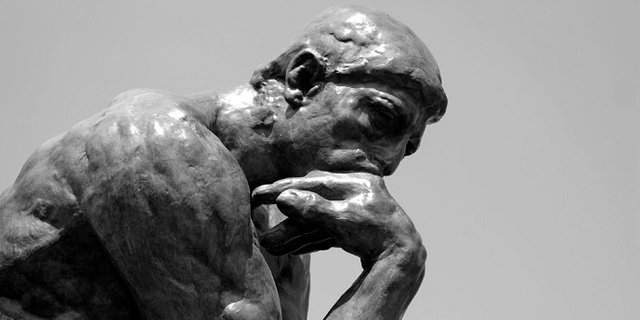The Problem Man - God in Philosophical Anthropology
The problem Man - God is bound to creation. Man is the will of God, but a creation according to his image and likeness. This distinguishes him from the world, he is placed to dominate in him to be godlike. In the likeness of God, the essence of man can be bound to the trinity of the Father, Son and St. Spirit they represent being, wisdom and life; these elements (mind, knowledge, and love) mean the individual realities of man, but not man. Man interrupts the connection with his creator in the act of sin. Through him he builds the notion of good and evil. Therefore, according to Berdjaev, the fall makes us moralists! His spirit comes to the fore.
According to Kierkegaard, Falling introduces fear. The problem Man-God shows the dual nature of man, bound with both animal and divine. According to Semyon Frank, in the act of self-awareness, one looks at himself, judges and appreciates himself. This duality puts into it the consciousness of a knowledgeable and knowledgeable, appraiser, and appreciated, judged and accused. Here we must not forget that the transcendental center and the supreme instance of human existence is God. What makes man such is his God-humanity. Here is the question of where a person meets his God in his being. For S. Frank, this meeting is isolated from the outside world, she is in a process of seclusion, deep inside her, deep in her "self" - where I am invisible to none other than me and God. It can be said that in the last depth of my "self," I find myself in front of God, or that it is revealed to me. This may lead to the conclusion that God is such a "you", which seems to be the deepest foundation of the self. I know God as the inner foundation of my own "self," namely in its quality of being, which is different to me. It can be said that man, unlike the animal, is one insofar as he realizes his human nature to the true essence.
And what I do not reach as a person, and what I am looking for in God is actually in the potential form the deepest and most intimate essence of my "self." In New Age, for the first time, the idea of a self-rule of man is distinguished. He rejects God and becomes the self-sustaining master of his life and ruler of the world. As a result of this rejection of God, one is deified himself, and there is no finding of God in himself, but the rejection of God as something different, not of man. But according to Frank, Man and God are untenable abstractions when they are thought to be a heterogeneous reality. In his view, in order to have the idea of God as transcendent, external to our reality, we must have the inner experience of God, to have a primary, inseparable relationship with God. He also considers sin or moral evil. As Kant says of the crooked tree from which man is made, no right is obtained.
He views it in two areas of manifestation - external and internal. Even if the external area is restricted or absent from moral evil, the inner soul's attitude may not be right. He argues that nature as such does not know sin, it is the fruit of inner selfhood, it is associated with freedom of will. The sinful element is not self-defined, it is connected with the human soul. As the prototype of sin, the first-born sin is. He is the pride of self-affirmation. Kierkegaard says the condition of sin is sin. Firstborn sin is the consciousness of separation of the "I" from God, a separate being of self-satisfying "self".

This post has received a 11.95 % upvote from @boomerang.
To listen to the audio version of this article click on the play image.

Brought to you by @tts. If you find it useful please consider upvoting this reply.